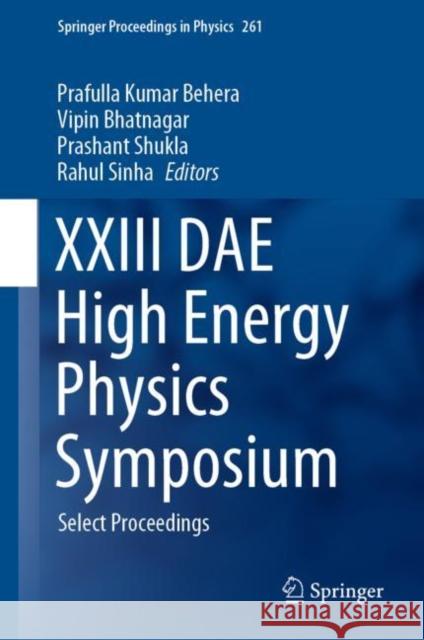XXIII Dae High Energy Physics Symposium: Select Proceedings » książka
topmenu
XXIII Dae High Energy Physics Symposium: Select Proceedings
ISBN-13: 9789813344075 / Angielski / Twarda / 2021 / 1203 str.
Kategorie BISAC:
Wydawca:
Springer
Seria wydawnicza:
Język:
Angielski
ISBN-13:
9789813344075
Rok wydania:
2021
Wydanie:
2021
Numer serii:
000383562
Ilość stron:
1203
Waga:
2.12 kg
Wymiary:
23.88 x 19.56 x 7.37
Oprawa:
Twarda
Wolumenów:
02











